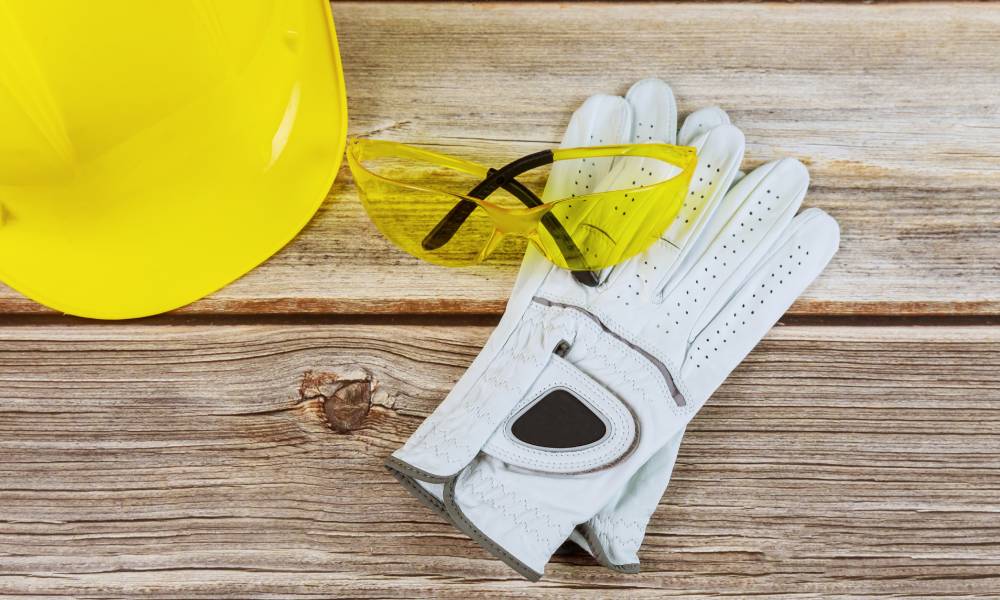
Ensuring Workplace Safety: Importance of Quality Gloves
Ensuring Workplace Safety: Importance of Quality Gloves
Workplace safety is a critical concern across various industries, from healthcare to manufacturing. A key component of ensuring this safety is the use of quality gloves, which protect workers from hazards such as chemicals, biohazards, and physical injuries. This blog post delves into the importance of using high-quality gloves in the workplace, highlighting how they contribute to creating a safer working environment for everyone.
Protection Against Hazards
Quality gloves serve as the first line of defence against numerous workplace hazards. For healthcare workers, gloves protect against exposure to infectious agents and contaminants. In the manufacturing sector, they safeguard against cuts, abrasions, and chemical burns. Selecting the right type of glove material, be it latex, nitrile, or vinyl, depending on the specific risk exposure, is crucial for effective protection. High-quality gloves are designed to meet or exceed safety standards, ensuring that they provide the necessary level of protection for the task at hand.
Compliance with Safety Regulations
Using quality gloves is not just a matter of personal safety; it's also about compliance with workplace safety regulations and standards. Regulatory bodies such as OSHA (Occupational Safety and Health Administration) mandate the use of appropriate personal protective equipment (PPE), including gloves, in settings where workers are exposed to potential hazards. Failure to adhere to these regulations can result in legal repercussions for employers, including fines and sanctions. Therefore, investing in quality gloves is essential for meeting legal obligations and maintaining a safe working environment.
Enhancing Worker Confidence and Productivity
When workers feel protected, their confidence and productivity increase. Quality gloves not only prevent injuries but also minimize the interruption to workflow caused by accidents. Workers are more likely to perform their tasks efficiently and effectively when they are not preoccupied with concerns about their safety. Furthermore, the use of quality gloves demonstrates an employer's commitment to worker safety, which can enhance morale and foster a positive workplace culture.
Understanding Glove Materials and Standards
The first step in ensuring the selection of quality gloves is understanding the different materials and safety standards. Gloves made from materials like nitrile offer superior resistance to chemicals and punctures, making them ideal for laboratory or industrial use. Latex gloves, while offering high tactile sensitivity, may not be suitable for individuals with latex allergies. Vinyl gloves are a cost-effective option for non-hazardous tasks. It's essential to select gloves that are certified to meet relevant safety standards, ensuring they provide adequate protection for specific hazards.
Regular Training and Education
Regular training and education sessions for workers are crucial for reinforcing the importance of using quality gloves and proper glove-wearing practices. Training should cover topics such as selecting the right glove size and type, correctly donning and doffing gloves, and understanding the limitations of glove protection. Educated workers are more likely to use gloves correctly, thereby maximizing their protective benefits.
Continuous Evaluation and Feedback
Finally, continuous evaluation of glove performance and soliciting feedback from workers can help identify issues with glove quality or suitability. This feedback loop allows employers to make informed decisions about glove procurement, ensuring that the gloves used in the workplace meet the highest standards of protection and comfort.
Beybi Plastik, since its establishment in 1949; operates in the field of personal protective work safety gloves, examination gloves production and sales, sterile surgical gloves and medical consumables sales and marketing.



